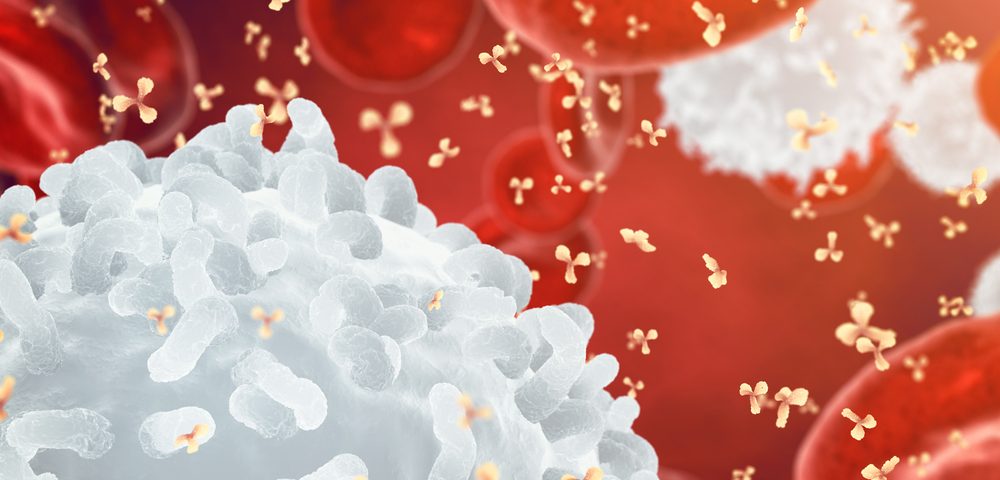Tocilizumab, an approved therapy for children and adults with systemic juvenile idiopathic arthritis, is effective in real-life setting and shows evidence of benefiting most patients, according to a study done in Germany.
The research, “IL-6 blockade in systemic juvenile idiopathic arthritis – achievement of inactive disease and remission (data from the German AID-registry),” was published in the journal Pediatric Rheumatology.
Systemic juvenile idiopathic arthritis (sJIA) is an autoinflammatory disease characterized by daily fever spikes that last for a minimum of two weeks, arthritis, rash, enlarged liver and spleen, growth retardation, and cardiovascular and pulmonary damage, among other manifestations. It accounts for about 10-20% of all JIA cases among whites.
Patients with sJIA have alterations in their innate immune system that result in the release of pro-inflammatory molecules known as interleukins (ILs), such as IL-1, IL-6 and IL-18. Treatment may currently be done with medications that block IL-1 or IL-6.
Tocilizumab is an IL-6 blocker, approved in 2011 in both the U.S. (where it is sold as Actemra, marketed by Genentech) and the EU (sold as RoActemra, marketed by Roche), for the treatment of sJIA patients ages 2 or older. It was approved as a monotherapy or in combination with the immunosuppressant methotrexate.
Aiming to evaluate the effects of RoAtemra in a real-life clinical setting and over long-term use — up to a median of 33.8 months for some patients — researchers in Germany conducted the first follow-up study of treatment with this medication in sJIA patients.
Specifically, they evaluated clinical response rates, achievement of inactive disease and remission, disease course, inflammatory parameters, sJIA outcomes, concomitant medications, and adverse events in 46 children treated with RoActemra (ages 1-18 years; mean age of 9 years at treatment start).
All had new onset or already established sJIA, and had enrolled in the German online registry for autoinflammatory diseases called AID-registry. Between 2009 and 2014, 200 patients with sJIA were recorded in this registry. Of these, 46 were treatment with tocilizumab.
Results from the multi-center study showed 24 patients given long-term treatment with RoActemra in a median 23 month-duration. Of these 24, six remained with active disease despite treatment, five had inactive disease, and 13 attained sJIA remission.
Twenty-one of the 46 used RoActemra as first treatment. Among these patients, 14 showed inactive disease or reached clinical remission after 12 months. Switching from other medications to RoActemra led to inactive disease or remission in 14 additional patients. Nine patients switched from RoActemra to other treatments due to non-response or adverse events.
Data also revealed that 40 patients were also using disease-modifying antirheumatic treatments and/or corticosteroids. Eleven reported side effects, of which the most frequent were leukopenia, or lower-than-usual white blood cell counts, and recurrent infections.
Overall, “our results suggest that [clinical remission] correlates with a fast response to [RoActemra] within 5 weeks of treatment,” the scientists wrote. Of note, active disease was mainly observed in patients who did not respond to therapy within 24 weeks.
“In our real-life clinical setting, we observed a clinical response rate of 35% after 12 weeks, a remission on medication in 54% and inactive disease in 21% after 12 months. If evaluated over the entire observation time, remission on medication was achieved in 30% and inactive disease in 39% of cases,” the team wrote.
Still, these results should be viewed with caution, the researchers noted, as the study population was small and diverse, and follow-up data was recorded irregularly, among other limitations. Fine-tuning of dosage and co-medication also needs to be addressed in future long-term studies with larger patient groups.

